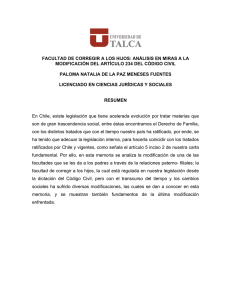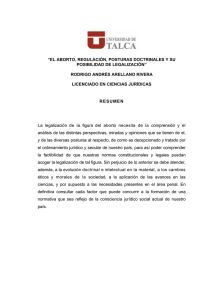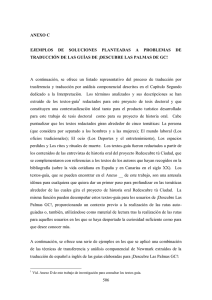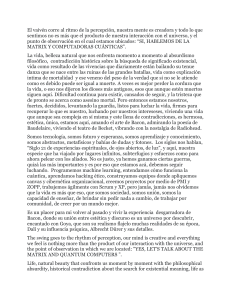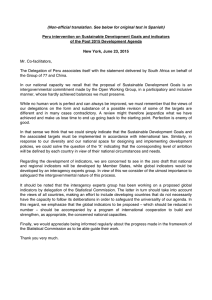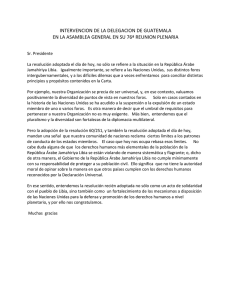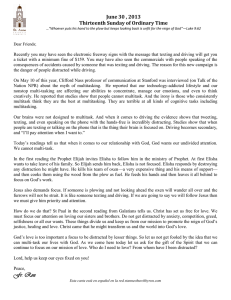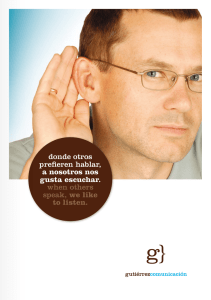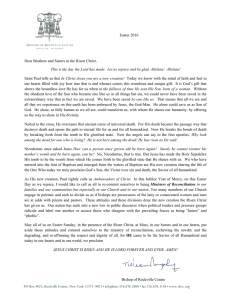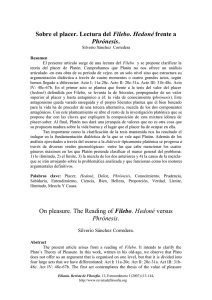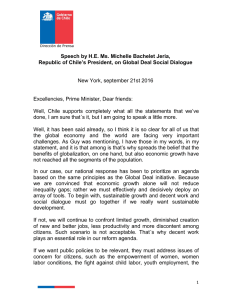Inglés
Anuncio
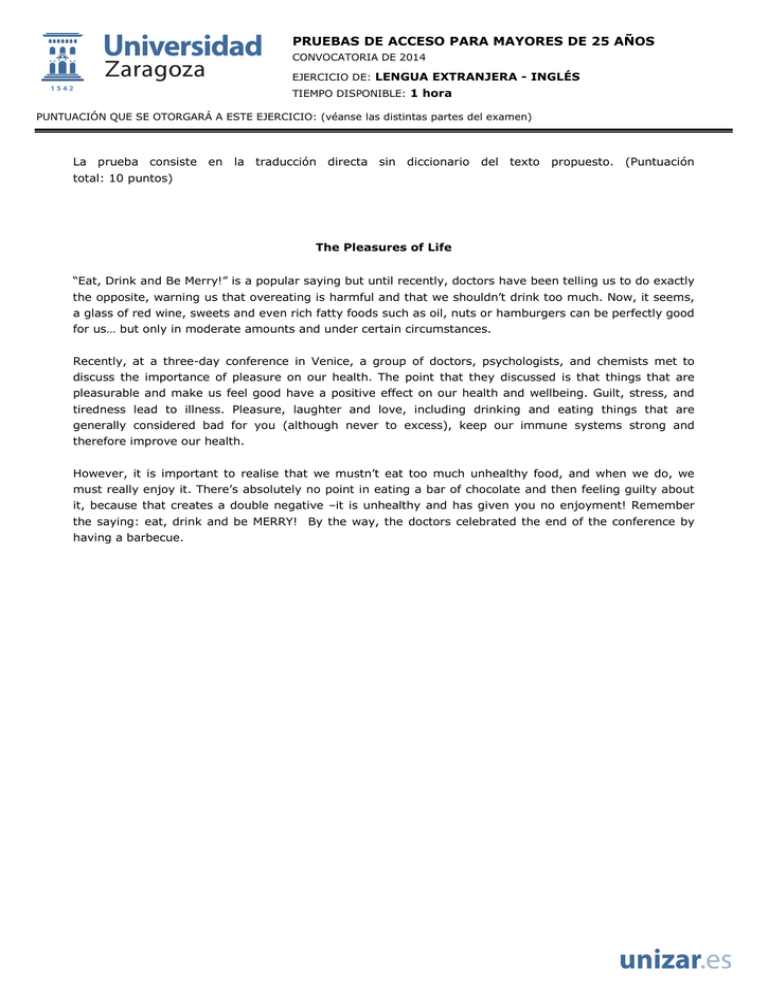
PRUEBAS DE ACCESO PARA MAYORES DE 25 AÑOS CONVOCATORIA DE 2014 EJERCICIO DE: LENGUA EXTRANJERA - INGLÉS TIEMPO DISPONIBLE: 1 hora PUNTUACIÓN QUE SE OTORGARÁ A ESTE EJERCICIO: (véanse las distintas partes del examen) La prueba consiste en la traducción directa sin diccionario del texto propuesto. (Puntuación total: 10 puntos) The Pleasures of Life “Eat, Drink and Be Merry!” is a popular saying but until recently, doctors have been telling us to do exactly the opposite, warning us that overeating is harmful and that we shouldn’t drink too much. Now, it seems, a glass of red wine, sweets and even rich fatty foods such as oil, nuts or hamburgers can be perfectly good for us… but only in moderate amounts and under certain circumstances. Recently, at a three-day conference in Venice, a group of doctors, psychologists, and chemists met to discuss the importance of pleasure on our health. The point that they discussed is that things that are pleasurable and make us feel good have a positive effect on our health and wellbeing. Guilt, stress, and tiredness lead to illness. Pleasure, laughter and love, including drinking and eating things that are generally considered bad for you (although never to excess), keep our immune systems strong and therefore improve our health. However, it is important to realise that we mustn’t eat too much unhealthy food, and when we do, we must really enjoy it. There’s absolutely no point in eating a bar of chocolate and then feeling guilty about it, because that creates a double negative –it is unhealthy and has given you no enjoyment! Remember the saying: eat, drink and be MERRY! By the way, the doctors celebrated the end of the conference by having a barbecue. PRUEBAS DE ACCESO PARA MAYORES DE 25 AÑOS CONVOCATORIA DE 2014 EJERCICIO DE: LENGUA EXTRANJERA - INGLÉS CRITERIOS ESPECÍFICOS DE CORRECCIÓN La calificación máxima de este ejercicio será de 10 puntos. Para su corrección, se tendrán en cuenta los siguientes criterios: Criterio 1 Errores de interpretación relacionados con el texto origen: se penalizarán con 1 punto aquellos errores que afecten a la interpretación adecuada del texto global, el sentido original de sus frases (Contresens, Faux sens, Nonsens) o que supongan la adición o supresión injustificada de información sustancial respecto al texto origen. La penalización máxima por este apartado será de 5 puntos. Criterio 2 Errores de producción relacionados con el texto en español: se penalizarán con 0,25 puntos los errores puntuales de carácter ortográfico, gramatical, semántico y sintáctico que afecten a la comprensión y corrección lingüística del texto traducido. Cada error repetido se penalizará 1 sola vez. La penalización máxima por este apartado será de 5 puntos. Criterio 3 Resolución de problemas planteados por la traducción: se valorará especialmente la transferencia del sentido del texto original frente a una traducción estrictamente literal, la atención a las particularidades y posibles interferencias de la lengua objeto de traducción, la riqueza y fluidez en la reexpresión del texto y la coherencia y creatividad en las propuestas aportadas. La valoración máxima por este apartado será de 6 puntos. Criterio 4 Corrección académica: se valorará el rigor, orden y limpieza en la realización y la presentación final del ejercicio. La valoración máxima por este apartado será de 4 puntos.
